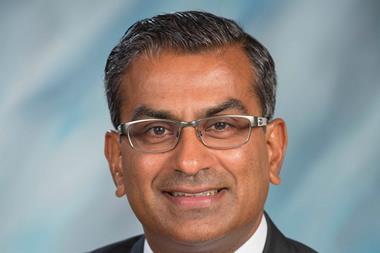Older freighters are being taken out of the transpacific market as they become increasingly uneconomical due to lower rates, according to Flexport.
Speaking during a webinar, Flexport president ocean and air Sanne Manders said that the current market was characterised by low demand but added that carriers are starting to "rightsize" capacity.
Integrators had parked quite a few aircraft, he pointed out.
"There are also some of the independent freighter operators that are starting to run into trouble or are grounding planes because it is not economically viable to fly an old 747," he said.
"They are more fuel consuming and are sometimes conversions which have lower payloads - you cannot make them economical anymore at the current price levels."
He gave the example of Jet One X which had recently taken 747 freighter capacity out of the market.
"They did really well and then they are reducing capacity to bring it in line with demand," he said.
The latest data from the Baltic Exchange shows that rates on services from Hong Kong to North America were last week 48% down on a year earlier, although prices remain around 35% higher than 2019 levels for July.
However, he said there were still a lot of freighters in the market that were added during Covid.
Accenture's Seabury estimates that are 50-60 freighters being operated that are likely to go back to the desert when their heavy maintenance is due.
He added that the longer term charter contracts that were secured during the pandemic would also start coming to an end soon.
"Typically an airfreight contract is a year or a quarter but during the pandemic, a lot of forwarders and direct customers had to lock in long-term contracts otherwise they wouldn't get access to space," said Manders.
"You see a lot of charter contracts that are multiple-year duration that are still in the market."
He said that these operators were sometimes looking to fill the aircraft below cost, which was making them uneconomical.
Manders added: "You will start to see that as those contracts expire, they will start parking them."
On the overall market, Manders said that demand had bottomed out - bar anything unexpected - but said he expected it to remain close to the bottom for some time.
Finishing on a brighter note, Manders said he expected there to be a replenishment cycle at some point while there were also product launches expected before the end of the year.














